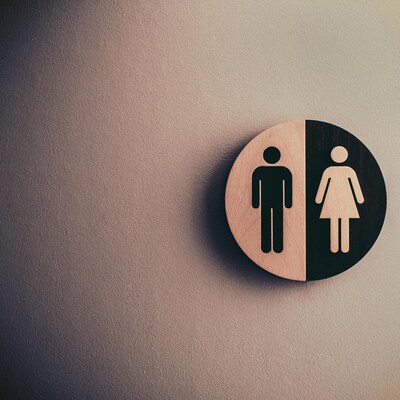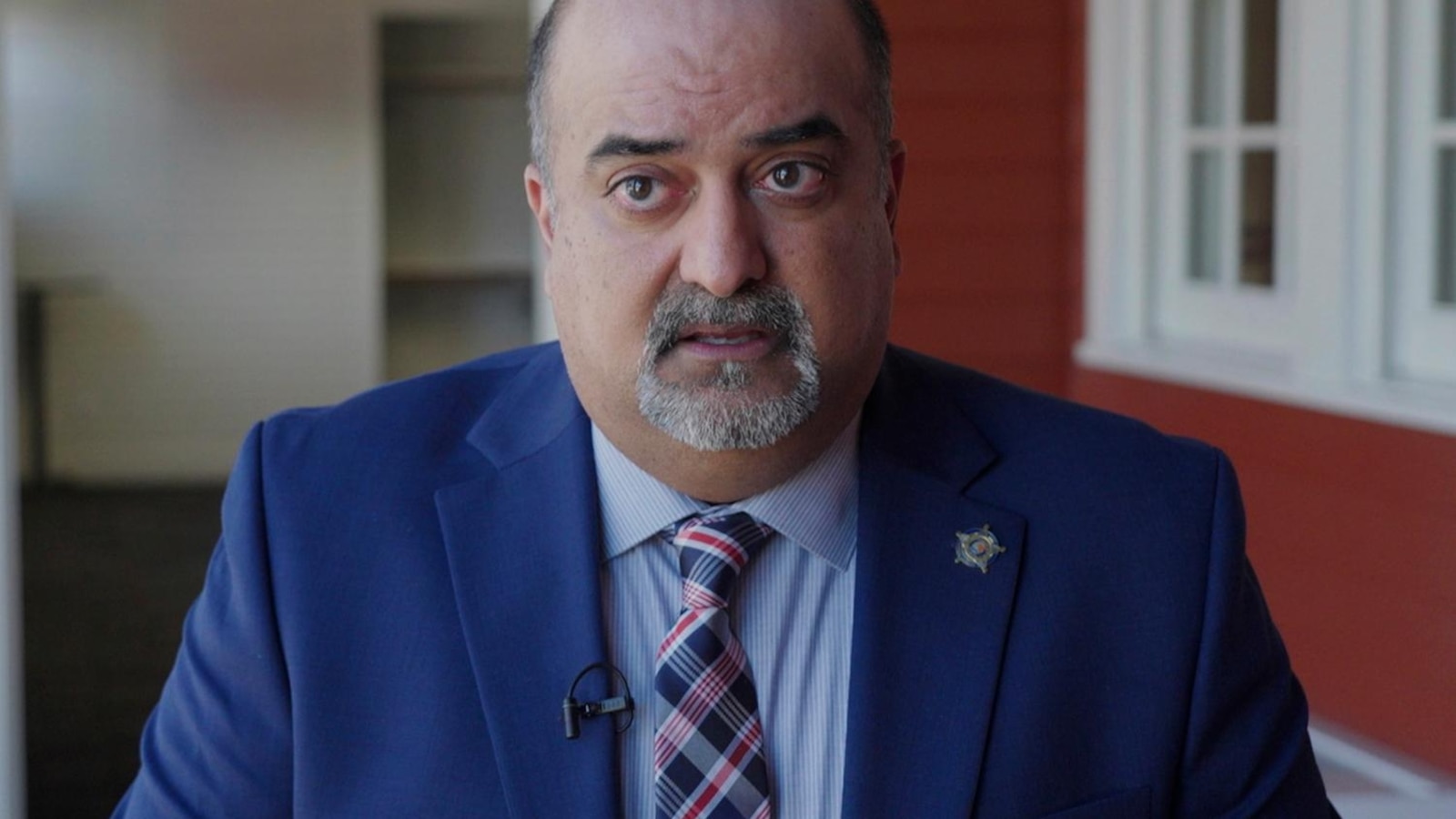)
Toilet tax | Photo by Tim Mossholder on Pexels
Residents of Himachal Pradesh will now be taxed based on the number of toilet seats in their homes, as the state government, led by Chief Minister Sukhvinder Singh Sukhu, grapples with a financial crisis. The Congress-led administration has issued a notification implementing this new policy, which aims to generate additional revenue for the state.
The introduction of the Toilet Seat Tax comes at a time when the central government has been promoting sanitation initiatives such as Swachh Bharat Abhiyan, which seeks to improve hygiene and sanitation across India.
Click here to connect with us on WhatsApp
Contents
Himachal’s new policy and ‘toilet tax’
According to the government’s notification, dated October 1, the new tax will impose a monthly fee of Rs 25 for every toilet seat in homes located in urban areas. This amount will be added to the existing sewerage bill and transferred to the account of the Jal Shakti Department, which manages water and sanitation services in the state.
The sewerage bill will now constitute 30 per cent of the water bill. For residents who source water privately but use the government sewerage system, a flat Rs 25 charge per toilet seat will be applied each month. Divisional officers across the state have been instructed to enforce the policy.
Urban households to bear brunt of new tax
The financial pressures on the state have been mounting, and the new tax comes as part of broader efforts to manage the economic crisis. Himachal Pradesh, which has five municipal corporations, 29 municipalities, and 17 Nagar Panchayats, is home to over 7.5 million people. The impact of the new tax will be felt most by urban residents, where multiple washrooms are commonly built in homes, making them liable for higher charges.
In addition to the ‘toilet seat’ tax, the Sukhu government has introduced a new water bill of Rs 100 per connection each month, starting from October.
This marks a shift from the previous regime’s promise of free water. The Bharatiya Janata Party (BJP) had pledged to provide free water if it came to power, but the Congress government, citing the state’s financial constraints, has implemented these new charges to support infrastructure maintenance and development.
Incentives for water revenue collection
The government has also introduced an incentive structure for Urban Local Bodies (ULBs), Panchayati Raj Institutions (PRIs), Village Water and Sanitation Committees (VWSC), and outsourced agencies to boost water charge revenue collection. As per the new guidelines, these entities can earn incentives based on the percentage of revenue collected.
The incentives are structured as follows:
– 15 per cent incentive for collections between 75 per cent and 100 per cent.
– 10 per cent incentive for collections between 50 per cent and 75 per cent.
– 5 per cent incentive for collections below 50 per cent.
In addition to these measures, the government has also announced significant relief for vulnerable groups. Widows, orphans, deserted women, and persons with disabilities (Divyang) will be provided with water connections free of cost, and no consumption charges will be levied upon submission of the requisite certificates from a competent authority.
“Unbelievable”: FM Sitharaman react to new tax
This policy has attracted criticism from political leaders, including Union Finance Minister Nirmala Sitharaman, who expressed her disbelief on social media. Reacting to reports of the new tax, she posted on X (formerly Twitter), “Unbelievable, if true! Whilst PM Modi ji builds Swachhata as a people’s movement, here is Congress taxing people for toilets! Shame that they didn’t provide good sanitation during their time, but this step will shame the country.”
Unbelievable, if true!
Whilst PM @narendramodi ji, builds Swachhata as a people’s movement, here is @INCIndia taxing people for toilets! Shame that they didn’t provide good sanitation during their time, but this step will shame the country! https://t.co/EPTmOmyufM
— Nirmala Sitharaman (@nsitharaman) October 4, 2024
First Published: Oct 04 2024 | 2:07 PM IST










Leave a Reply